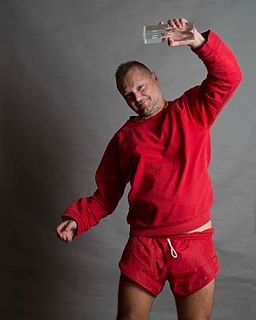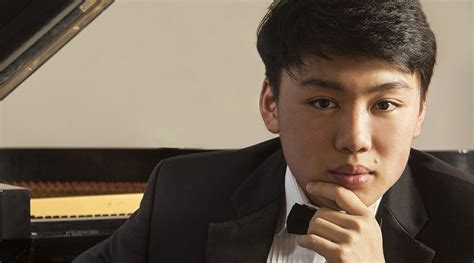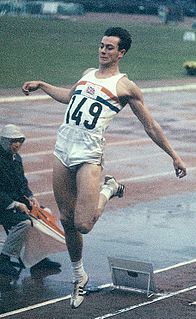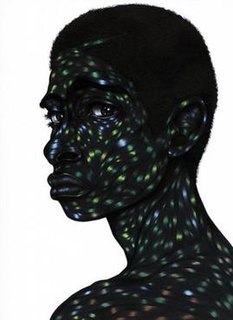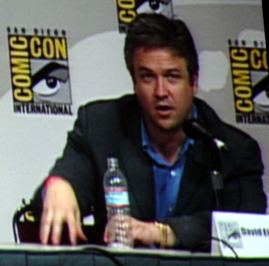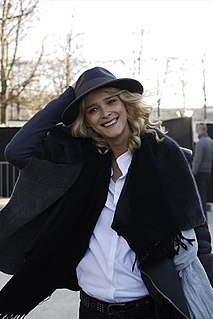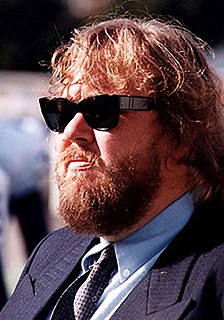A Quote by Steven Sebring
I like not knowing too much about somebody I'm photographing, because the process also becomes an experience for me to learn about .
Related Quotes
The relationship I have with my mother now, and photographing her in front of the grave, it opens up discussions, and dealings with the conversations with my mother about, when I was little, how we lived and about suicide and talking about it, so it's something positive, it brought us more together, because people might never discuss that. Some families never go near certain subjects because it's too hurtful or too close or too dangerous. But within doing these photographs, I also wanted to open up a conversation with her about certain things about life.
Of course, you can never watch something like somebody else watches something like you, but nonetheless, you have to try. So I think on camera you learn a lot about how much the camera does for you, which is what is the great luxury of movie acting. Or acting whether it's TV or movies or whatever it is, that the camera's really such a gift because there's so much that it sees and does if you're willing to just be open and expose yourself and all of that. So you also learn what doesn't matter. And sometimes when you think about things, you think things matter that don't matter.
Creativity itself doesn't care at all about results - the only thing it craves is the process. Learn to love the process and let whatever happens next happen, without fussing too much about it. Work like a monk, or a mule, or some other representative metaphor for diligence. Love the work. Destiny will do what it wants with you, regardless.
If one has to conform to a certain taste, he/she might lose his/her own individuality and imagination. But if you don't really care about winning competitions and think of them as chances to learn from the experience, they would become good ways to learn about others and yourself. Competitions are also stages where one becomes known to the public.
In our time, we have become too interested in the artist and his or her character and experience as a way of understanding art. In my view, you should be able to read a book or see a film without knowing a single thing about conditions or circumstances or character of the artist, and experience the work to the full without such information. Sometimes I feel - speaking for myself - that people know much too much about me, and I wish people knew less and could just read these books and respond to them purely as words on a page.
The social media bit is really about documenting process. I like the dialogue if it's constructive, but I'm now at a crossroads. I've accumulated a lot of followers, and it's great, but I'm also at that teetering point where people are feeling themselves a little too much, commenting a little too much.
I think too much is known about me already. I think biographical information can get in the way of the reading experience. The interchange between the reader and the work. For example, I know far too much about Norman Mailer and Kurt Vonnegut. Because I know as much as I do about their personal lives, I can't read their work without this interjecting itself. So if I had it to do over, I'd probably go the way of J.D. Salinger or Thomas Pynchon. And just stay out of it altogether and let all the focus be on the work itself and not on me.
You wanna hurt me? Go right ahead if it makes you feel any better. I'm an easy target. Yeah, you're right. I talk too much. I also listen too much. I could be a cold-hearted cynic like you, but I don't like to hurt people's feelings. Well, you think what you want about me. I'm not changing. I like me. My wife likes me. My customers like me. 'Cause I'm the real article. What you see is what you get.


